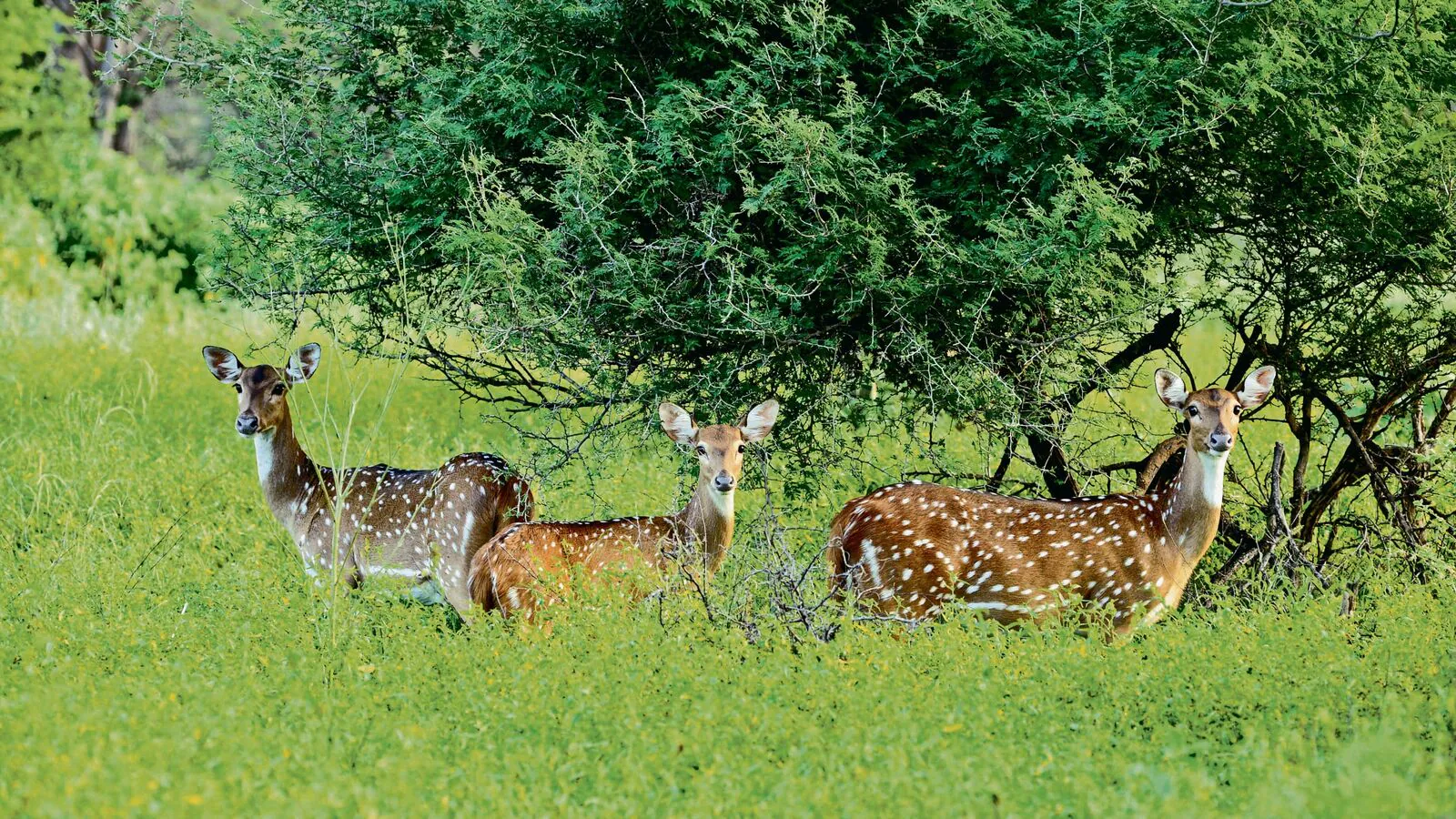Bengaluru records a 0.59% rise in forest cover, ranking second among metros in India
Bengaluru has emerged as a key player in India’s urban greening efforts, recording a 0.59% increase in forest cover as per the India State of Forest Report 2023. With a forest area of 89.61 square kilometres, Bengaluru now ranks second in forest growth among metros, trailing only Delhi (194.15 km²). The addition of 2.09 km² during the assessment period highlights its steady progress, especially compared to cities like Chennai and Hyderabad, which witnessed losses of 2.64 km² and 1.61 km², respectively.
The city’s forest distribution is diverse, with 25.65 km² under Moderately Dense Forest, 258.63 km² classified as Open Forest, and 24.09 km² as Scrub Forest. However, it lacks Very Dense Forest zones, where canopy density exceeds 70%. Despite its progress, Bengaluru’s forest fires pose a growing concern, rising from 44 incidents in 2022-23 to 51 in 2023-24. Comparatively, Bengaluru Rural saw a decline in such incidents, showcasing regional disparities in fire management.
Karnataka, Bengaluru’s home state, holds 19.96% of its geographical area under forest cover. The state experienced a net loss of 459.36 km² in overall forest and tree cover, but its Reserved Forest Areas saw a gain of 93.14 km², underscoring focused conservation in protected zones. Nationally, India’s forest cover expanded by 16,630.25 km² between 2013 and 2023, despite pockets of loss. Urban greening in Bengaluru exemplifies the challenge of maintaining ecological balance amid rapid urbanisation.
The city’s progress in forest cover is a testament to its potential as a sustainable urban hub. Increasing green spaces in a city under pressure from urban sprawl not only contributes to climate resilience but also improves quality of life. Bengaluru’s commitment to sustainability is a reminder of the pivotal role urban centres play in balancing development with ecological stewardship.


